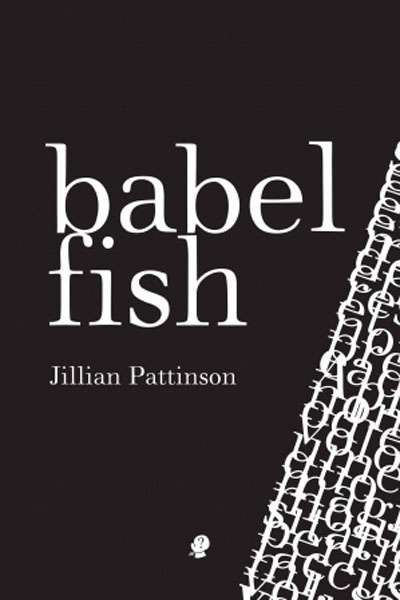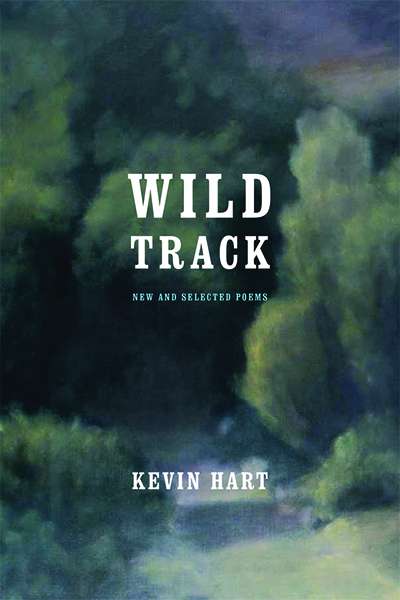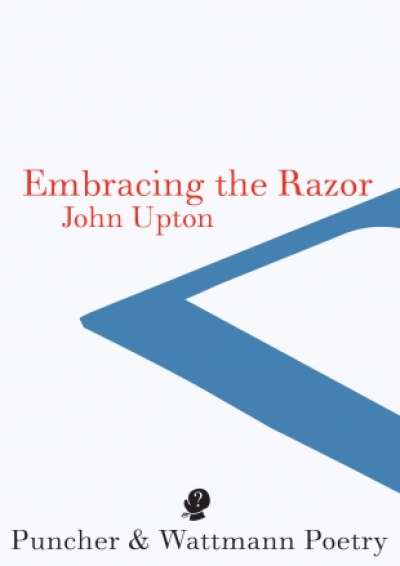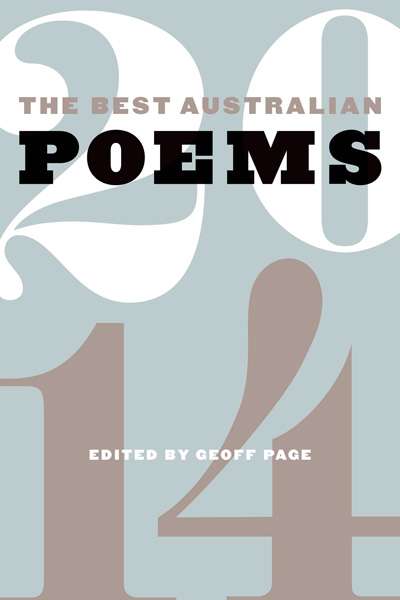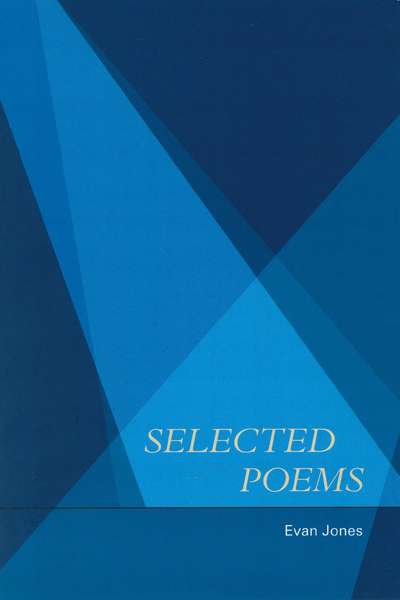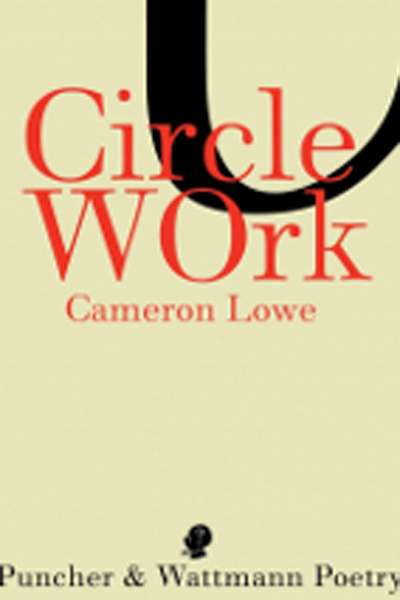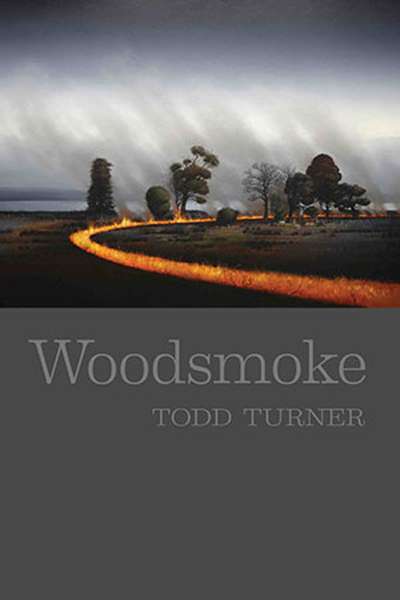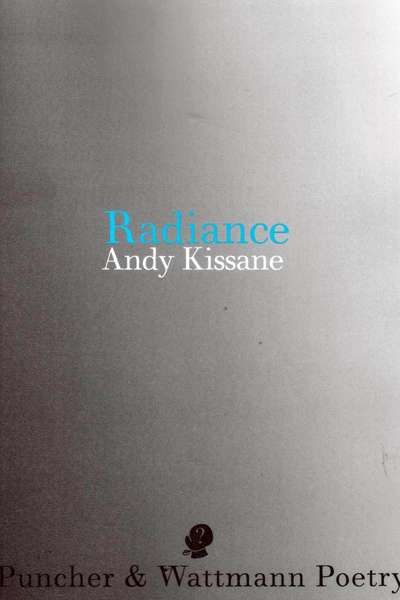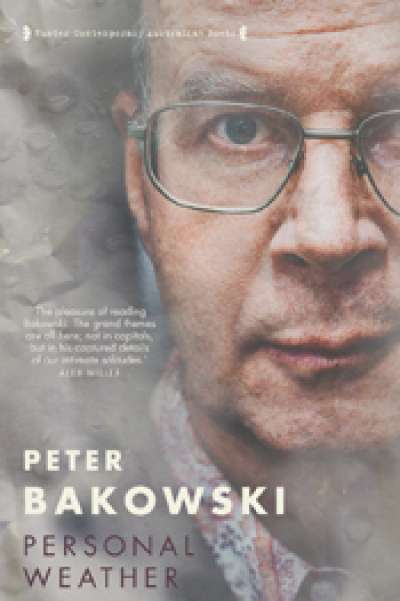Geoff Page
Seeing people who remind you
just a little of the dead
is always mildly disconcerting –
something in the face, the gait,
the shoulders from behind,
those likenesses that don’t surprise
The Best Australian Poems 2014 edited by Geoff Page
by Jennifer Strauss •

